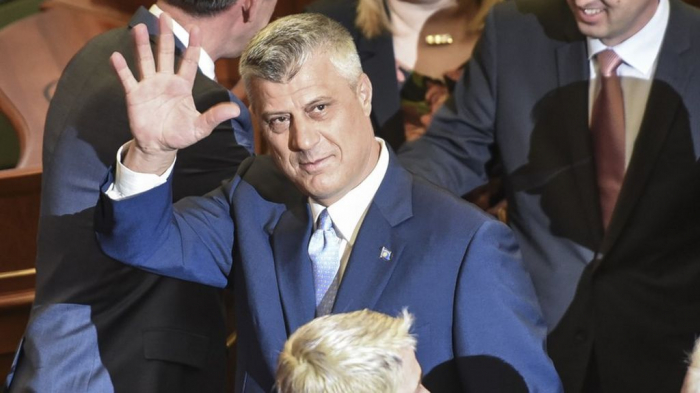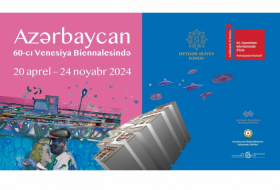Kosovo’s president, Hashim Thaçi, has promised to resign immediately if a war crimes indictment filed against him at a special court in The Hague is confirmed.
The indictment, yet to be ruled on by the pre-trial judge, was made public in dramatic fashion last week, as Thaçi was on his way to Washington for negotiations at the White House.
The indictment was for a range of crimes against humanity and war crimes, including murder, enforced disappearance, persecution and torture. It named Thaçi and one other Kosovo politician, former parliament speaker Kadri Veseli.
The news scuppered the planned talks between Thaçi and Serbian president Aleksandar Vučić, which had been convened by Richard Grenell, Donald Trump’s Balkan peace envoy. The two states have been in dispute since the former Serbian province broke away after a Nato bombing campaign in 1999, and a deal to normalise relations would have brought a quick diplomatic win for Trump shortly before the US presidential election.
Instead, Thaçi turned back and headed home. After several days of silence, he surfaced on Monday evening, with a televised address in which he protested his innocence and used emotional language to describe his personal feelings and his devotion to Kosovo’s liberation struggle. “Political mistakes in peace I could have made, but war crimes, never,” he said.
However, he said he would not fight confirmed charges while in office. “If the accusation is confirmed, I will immediately resign as your president and face the accusations,” he said.
Thaçi, Kosovo’s most powerful politician, has been president since 2016 and was prime minister before that. During the armed struggle against Serbian forces in 1998-99 he led the political wing of the Kosovo Liberation Army (KLA).
The specialist prosecutor’s office at the Kosovo chambers in The Hague said last week that it was taking the unusual step of making the charges public before the indictment had been confirmed because of Thaçi’s repeated efforts to “obstruct and undermine” the court’s work. The prosecutors’ aim appeared to be to stop Thaçi from signing a deal at the White House that would then make him politically untouchable.
“Thaçi has this idea that because that’s the way he does things and his crowd do things, that’s the way other governments work, too,” said a former US diplomat who worked in the region. “Trump has that same idea that’s the way government should work. But I just don’t see anybody [at the court] accepting that.”
The diplomat said the prosecutors may have gone public out of irritation at being pressured politically by elements within the Trump administration. Others suggested European officials may have been eager to make the information public and scupper a rushed US deal with the unpredictable Trump as guarantor.
“We don’t really know who is influencing the court, if anyone, but it’s a legitimate question to ask because it is vulnerable to political influence,” said Andrea Capussela, who was head of the economic department of the International Civilian Office in Kosovo from 2008-11 and wrote a book on the country’s development. The court was established in response to a 2011 report accusing the KLA leadership, including Thaçi, of involvement in serious crimes.
Attorneys working on defence cases at the court said the prosecutor’s public statement was inexcusable. “The rules are crystal clear that the indictments that are filed are to be kept confidential and are not to be made public before it is confirmed by the pre-trial judge,” said Jonathan Rees QC, a British barrister who is on the list of approved defence counsel for the chambers.
Rees said the court should sanction the prosecutor for breaching the rules. “The specialist chambers will have powers to prevent proceedings continuing if their fundamental fairness has been jeopardised,” he said.
The majority of victims of the 1998-99 conflict were ethnic Albanians, and several Serbian military and police officials have been convicted by international courts of war crimes. While the KLA was also accused of atrocities, and while Thaçi has many critics for his performance in government over the past decade, many inside Kosovo view the war as a just struggle for liberation, and see the court as a stain on the reputation of the newly independent state.
“Europe wanted to make Kosovo a success story, and it would have been hard to do that if you allowed Thaçi to be sent to jail,” said Capussela. “But now many can see that the political winds inside Kosovo have changed.”
The Guardian
More about: Kosovo
















































